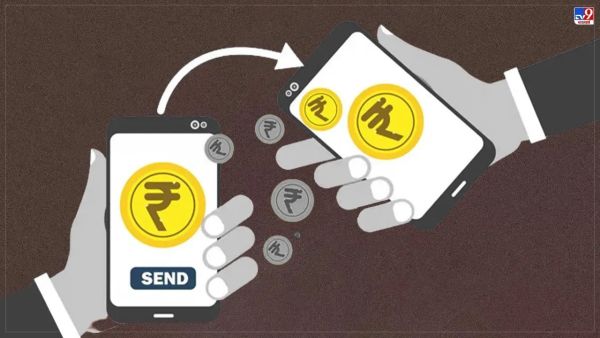
The Reserve Bank of India (RBI) has allowed prepaid payment instruments (PPIs) to be used through third party UPI applications. This move signals a new revolution in the digital payment system, which will provide more convenience and wider options to users.
PPI is a financial instrument in which users can store funds in their digital wallet or card. At the same time, UPI (Unified Payments Interface) is a platform that allows instant payment from bank account. Till now UPI payment from PPI was limited only to the mobile application of the PPI issuer. Under the new rule, full-KYC PPI holders will be able to make payments through third party UPI apps (like PhonePe, Google Pay).
PPI holders can now transact through UPI using third party apps. This facility will be available for full-KYC PPI users.
The PPI will be linked to the UPI handle and all transactions will be authenticated using the PPI credentials. This system will make transactions secure and transparent.
PPI issuers will act as PSPs (Payment Service Providers) and will only cover their full-KYC customers. Users can use the UPI app of their choice. There will be healthy competition between different UPI apps, which will lead to development of new features. It will be easy for small merchants and customers to adopt digital payments.
With this new change, ensuring security and privacy will be a priority. Also, it is necessary to maintain better coordination between PPI and UPI. This step of RBI will further strengthen digital payments in India. This will not only provide a better experience to the users, but will also take the digital economy to new heights. This initiative will help India take another step towards a cashless economy while ensuring security and transparency.